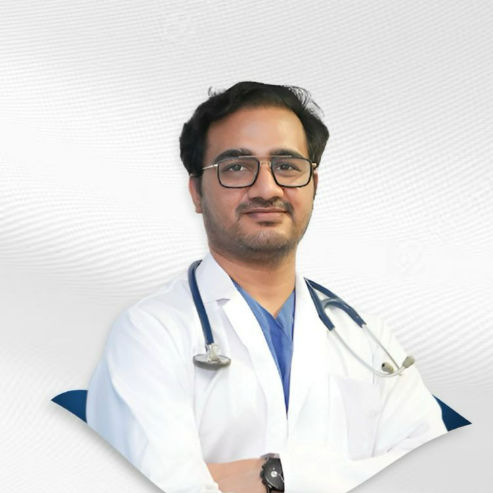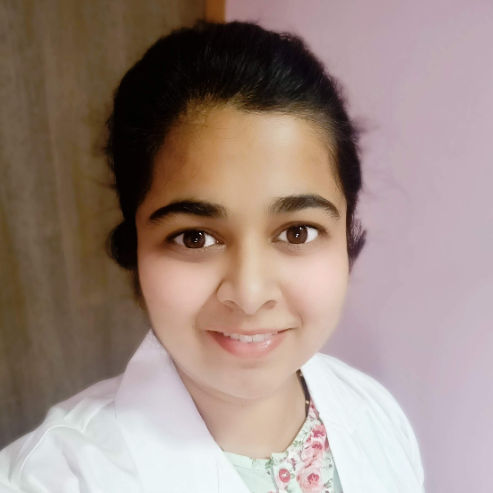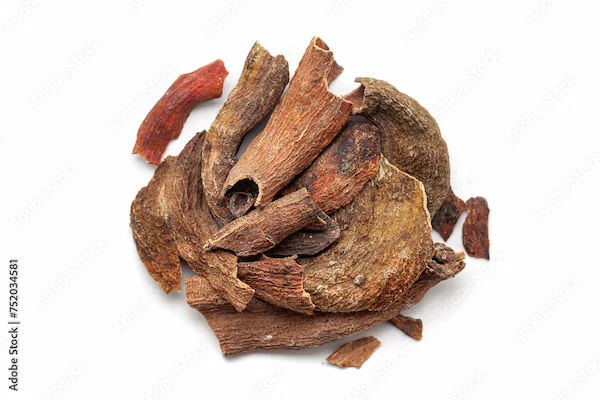Infective Endocarditis Overview and Management
Explore infective endocarditis, its causes, symptoms, and treatment options. Learn how early diagnosis and proper management are crucial to preventing serious heart complications.

Written by Dr. Rohinipriyanka Pondugula
Reviewed by Dr. J T Hema Pratima MBBS
Last updated on 22nd Aug, 2025

Infective endocarditis (IE) is a serious infection of the heart’s inner lining (endocardium), often affecting the heart valves. While it is relatively rare, it can lead to severe complications if not treated promptly. This article aims to help you understand what infective endocarditis is, its symptoms, causes, and how to manage it effectively.
What Is Infective Endocarditis?
Infective endocarditis occurs when bacteria or other germs enter the bloodstream and attach to damaged areas of the heart, such as valves or the inner lining. Over time, these germs multiply, forming clumps called vegetations, which can damage the heart and spread infection to other parts of the body.
Who Is at Risk?
While anyone can develop infective endocarditis, certain individuals are at higher risk, including:
People with pre-existing heart conditions (e.g., damaged or artificial heart valves, congenital heart defects).
Those with a history of endocarditis.
Individuals with weakened immune systems (e.g., due to diabetes, HIV, or chemotherapy).
People who use intravenous (IV) drugs, as unsterile needles can introduce bacteria into the bloodstream.
Those who have undergone dental or surgical procedures without proper antibiotic prophylaxis (if recommended).
Consult a Top Cardiologist
Common Symptoms of Infective Endocarditis
Symptoms may develop slowly (subacute) or suddenly (acute), depending on the type of infection. Look out for:
Fever and chills (most common symptom).
Fatigue and weakness.
Shortness of breath or persistent cough.
Unexplained weight loss.
Night sweats.
Joint and muscle pain.
Small red or purple spots on the skin (petechiae).
Painful red lumps on fingers or toes (Osler’s nodes).
Blood in urine.
If you experience any of these symptoms, especially if you have a heart condition, seek medical attention immediately.
What Causes Infective Endocarditis?
Most cases are caused by bacteria (e.g., Staphylococcus aureus, Streptococcus viridans), but fungi can also be responsible. Germs can enter the bloodstream through:
Dental procedures (e.g., tooth extractions, gum surgery).
Infections elsewhere in the body (e.g., skin, urinary tract).
IV drug use (due to unsterile needles).
Catheters or surgical procedures.
How Is Infective Endocarditis Diagnosed?
Doctors use a combination of tests to confirm IE:
1. Blood cultures – To identify the bacteria or fungus causing the infection.
2. Echocardiogram (ultrasound of the heart) – To detect vegetations or valve damage.
3. Electrocardiogram (ECG) – To check for irregular heart rhythms.
4. Chest X-ray or CT scan – To see if the infection has spread to the lungs or other organs.
Treatment and Management
Below are the ways to treat and manage infective endocarditis,
1. Antibiotics or Antifungal Medications
IV antibiotics (usually for 4–6 weeks) are the main treatment.
Hospitalization may be required initially, followed by home IV therapy.
Fungal infections may need antifungal medications and sometimes surgery.
2. Surgery (If Needed)
Surgery may be necessary if:
The infection damages heart valves severely.
Large vegetations increase the risk of stroke.
The infection does not respond to medications.
3. Lifestyle and Preventive Measures
Oral hygiene – Brush and floss daily to prevent gum infections.
Regular dental check-ups – Inform your dentist if you have a heart condition.
Avoid IV drug use – If you use IV drugs, seek help to reduce infection risks.
Antibiotic prophylaxis (if recommended) – Some high-risk patients may need antibiotics before dental or surgical procedures.
When to Seek Immediate Help
Call your doctor or visit the emergency room if you have:
Persistent high fever with chills.
Sudden shortness of breath or chest pain.
Signs of stroke (e.g., slurred speech, weakness on one side).
Can Infective Endocarditis Be Prevented?
Yes! If you are at high risk:
Maintain good oral hygiene.
Inform your dentist and doctors about your heart condition.
Follow antibiotic guidelines before certain procedures.
Avoid unsterile injections or tattoos.
Need Expert Advice?
If you suspect symptoms of infective endocarditis or have concerns about your heart health, consult a specialist. You can book a consultation or schedule tests through Apollo 24|7 for expert guidance and care.
Conclusion
Infective endocarditis is a serious but treatable condition. Early diagnosis and proper treatment can prevent complications. If you have a heart condition, stay vigilant about symptoms and follow preventive measures. Your heart health matters, take care of it!
Consult a Top Cardiologist
Consult a Top Cardiologist

Dr. Bhukya Pavan Kalyan
General Physician
5 Years • MBBS DNB Paediatrics
Bengaluru
PRESTIGE SHANTHINIKETAN - SOCIETY CLINIC, Bengaluru

Dr. Zulkarnain
General Physician
2 Years • MBBS, PGDM, FFM
Bengaluru
PRESTIGE SHANTHINIKETAN - SOCIETY CLINIC, Bengaluru

Dr. Tripti Deb
Cardiologist
40 Years • MBBS, MD, DM, FACC, FESC
Hyderabad
Apollo Hospitals Jubilee Hills, Hyderabad

Dr. Janjirala Seshivardhan
Cardiologist
7 Years • MBBS,DNB(GM),DM(Cardiology)
Manikonda Jagir
Apollo Clinic, Manikonda, Manikonda Jagir

Dr Nazneen Khan
Cardiologist
7 Years • M.B.B.S, M.D (MEDICINE), DrNB CARDIOLOGY
Pune
Apollo Clinic, Viman Nagar, Pune




